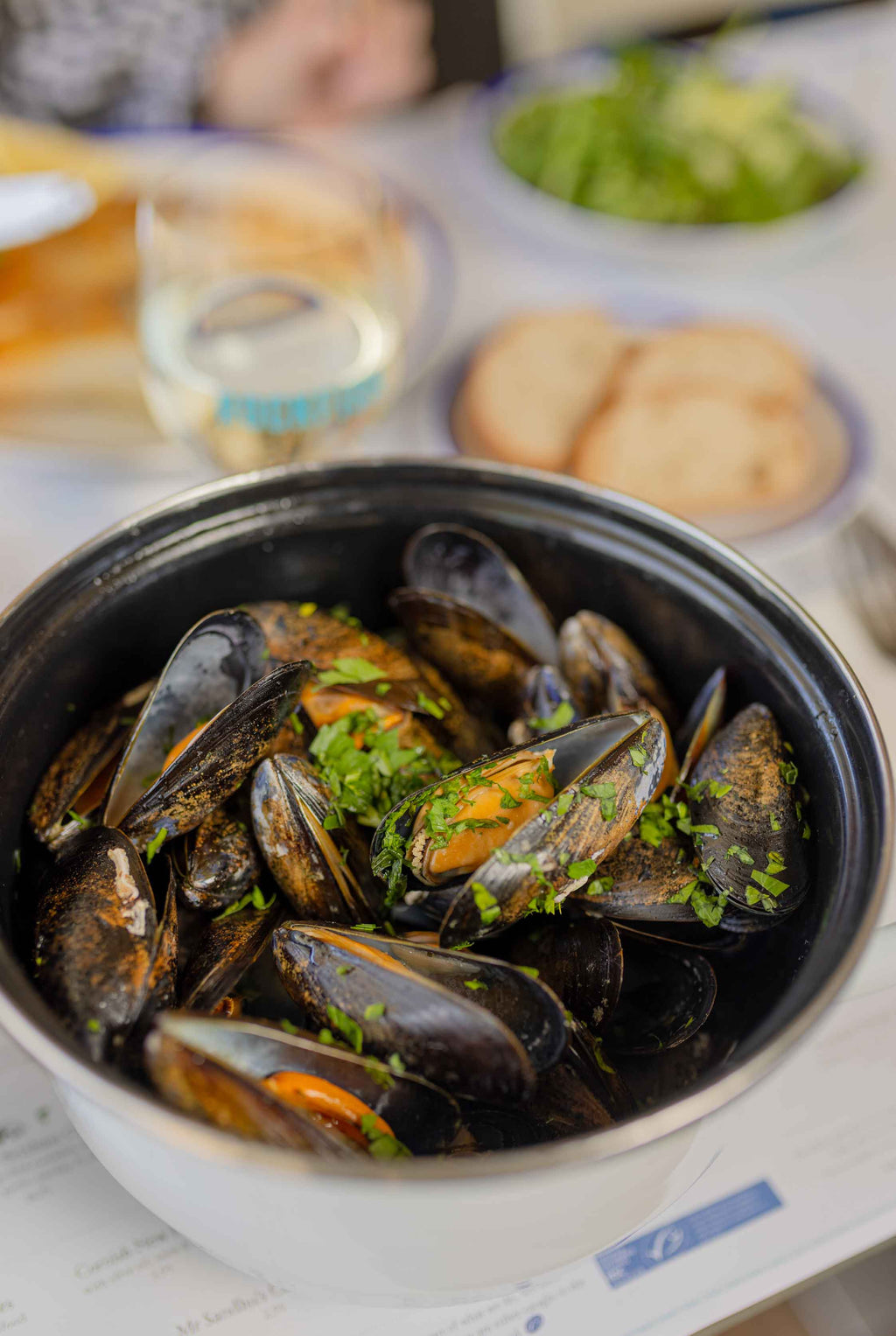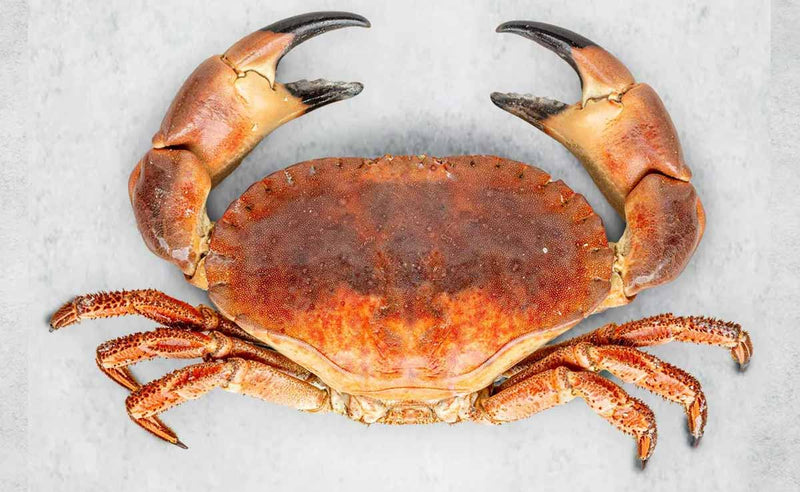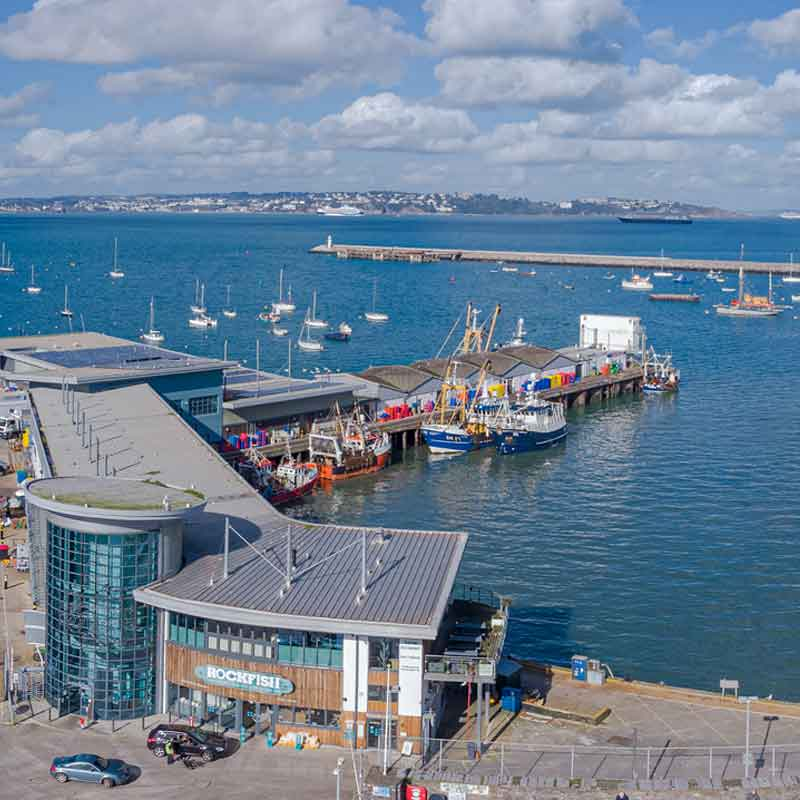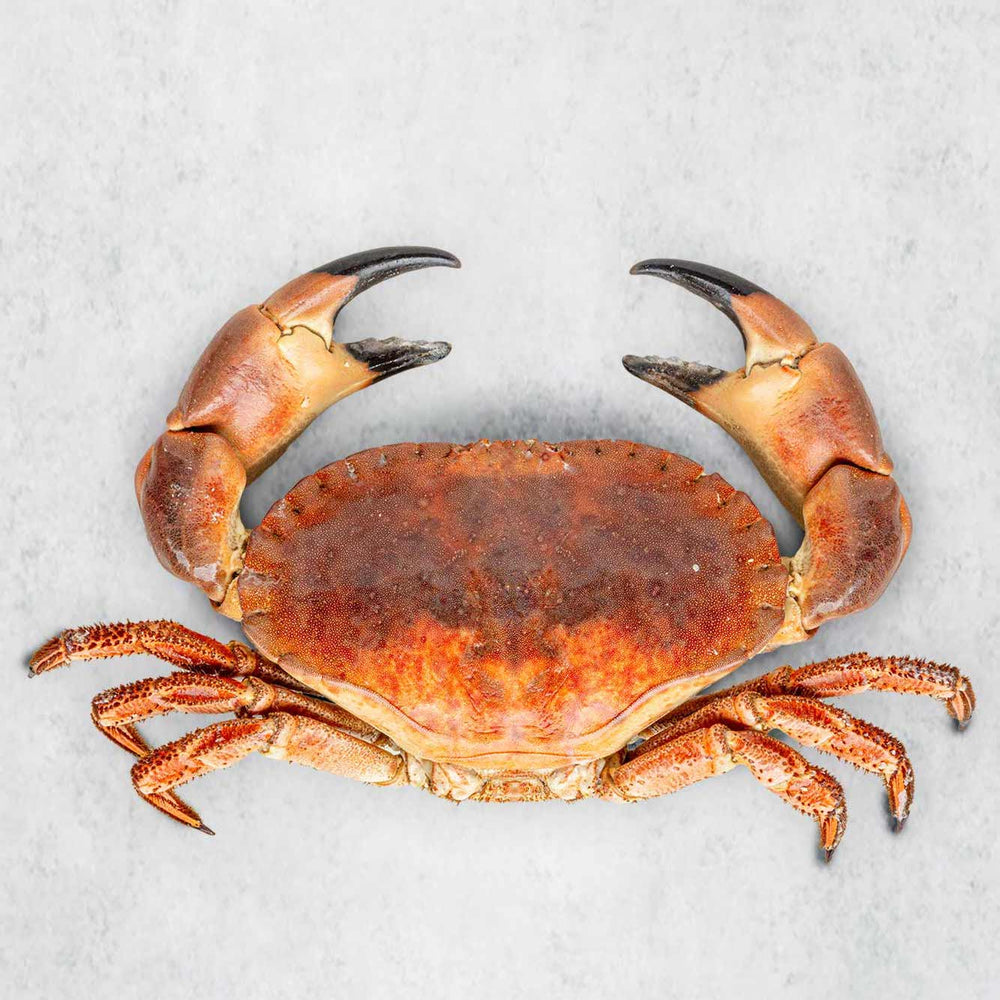Mussel Farming, why the world’s best mussels grow right here on our doorstep!
The internet is full of superfood fads. Be it fermented tea, goji berries, colostrum or bull’s testicles. As a society, we’re obsessed with finding that magic elixir that does the full package of good health, and flawless youthful looks, whilst being planet-saving and guilt-free.
When put under the microscope some of these superfoods stand up to the hype with real scientifically proven benefits, whilst others crumble and fall apart into hocus pocus voodoo magic.
But there is one superfood that hasn’t found its way into the annuals of internet stardom, that is the rope-grown mussel.
Why these succulent parcels of pure protein goodness haven’t received the Gwyneth Paltrow endorsement is completely insane to us. There is not another food out there that we can think of that holds quite the same CV of health and environmental benefits as the rope-grown mussel. No food is more deserving of Kourtney Kardashian’s praise. In short, if rope-grown mussels suddenly started to trend, the world would be a far better place.
For starters, mussels are excellent for you.
Just one 120-gram serving of mussels provides 29 grams of protein, more than a third of the recommended daily allowance. That protein, by the way, is high quality, with all nine essential amino acids (particularly important for people who have reduced or eliminated other animal-based foods from their diet).
Early humans literally expanded their grey matter by taking to the shores and eating mussels. The very reasons we are here today has a lot to do with mussels.
Secondly, mussels clean the environment they’re in – making it better.
One of the principal arguments against aquaculture is the pollution it creates, prawn farming, and salmon farming, all face challenges due to the high levels of intense pollution they create. The same cannot be said for mussel farming, in fact, rope mussel farms have been proven to make better the environments in which they operate. Mussels are filter feeders, sucking excess plankton out of the water leaving it cleaner. Meanwhile, mussel ropes actually create habitats for other marine life, as the ropes provide shelter and feed for all manner of fish and crustaceans – effectively working as a sort of hanging coral reef.
Thirdly, mussels remove carbon from the atmosphere, locking it away forever.
A single mussel captures about 200 g of carbon on its own, admittedly not very much. But when you have thousands of mussels all together on ropes their impact is far greater. A square kilometre of mussel farm can sequester up to 218 tonnes of CO2 in any one harvest. Carbon is used in the production of the mussel’s shells, meaning that it is essentially removed from our atmosphere forever. It’s been calculated that if we were to commit a quarter of the UK’s waters to mussel farming you could draw down up to an 8th of our total CO2 emissions.
When you combine these three points with the facts that growing mussels requires zero inputs, no seeding, no feeding, and no aggressive pesticides or destructive fertilisers, you start to wonder why every Instagram influencer is not tagging their posts with #growmoremussels. In fact, the only infrastructure requirement for a rope-grown mussel farm is the ropes – specifically designed, with multiple plastic strands to provide maximum surface area for the mussel byssal thread to attach.
The problem is, there aren’t actually that many mussel farms. That’s not to say there isn’t any, but the mussel farm we have here in Lyme Bay, owned and operated by Offshore Shellfish, is fairly unique.
Offshore Shellfish – where we get our mussels.
Nicki and John Holmyard, who own Offshore Shellfish – a real Brixham family business, call themselves farmers. In reality, they are scientists, pioneering a new system of growing mussels outside of the protection of a harbour, estuary or loch. As John says, “There are no textbooks you can read to teach you how to farm, and certainly none on mussel farming”. Instead, this couple have had to learn through trial and effort.
The farm is the only truly offshore mussel farm in the UK and the largest of its kind in Europe. They operate huge ropes, continuous long lines on which the mussels are grown each 2,000 metres long, suspended under a 150m long headline. This massive snake of ropes is anticipated to produce 3000 tonnes of mussels this harvest alone. John believes the farm can produce over 10,000 tonnes if necessary.
Being offshore is an integral element of the farm, being filter feeders’ mussels are a product of the water quality in which they grow. The waters found offshore are of the highest Grade A quality, meaning super tasty mussels! This comes with its challenges, the farm has had to be specially designed to withstand a rough open ocean environment, in a bad storm the farm can face swells of up to 10 metres.
Setting up here in Lyme Bay was no accident. The site was chosen after a lot of research and exploration by the Holmyard’s choosing to relocate their entire family down from Scotland. The water temperature here in Brixham is ideal for controlled mussel farming, being not too hot or too cold. The bay also provides good conditions in terms of depth, ocean currents, and phytoplankton.
Lyme Bay is a very dynamic environment meaning there’s a lot of water movement giving the mussels more to feed on. It’s an excellent feeding ground for filter feeders like mussels and scallops as it's effectively where the English Channel meets with the Atlantic, this convergence of two seas makes the waters here particularly rich in essential nutrients.
From the balcony of our Brixham restaurant, you can watch the Offshore Shellfish boat, the Holy Mai, steaming back and forth to the farm each day. It’s this time of year, when the harvest is due, that you’ll see it laden with amazing black and blue mussels ready for the pot. This gorgeous, rich, kelp-flavoured meat is more than just a sensation for the tastebuds. But a real supermodel, superfood, that we’re exceptionally lucky to have sauntering down the seashore on our doorstep.



